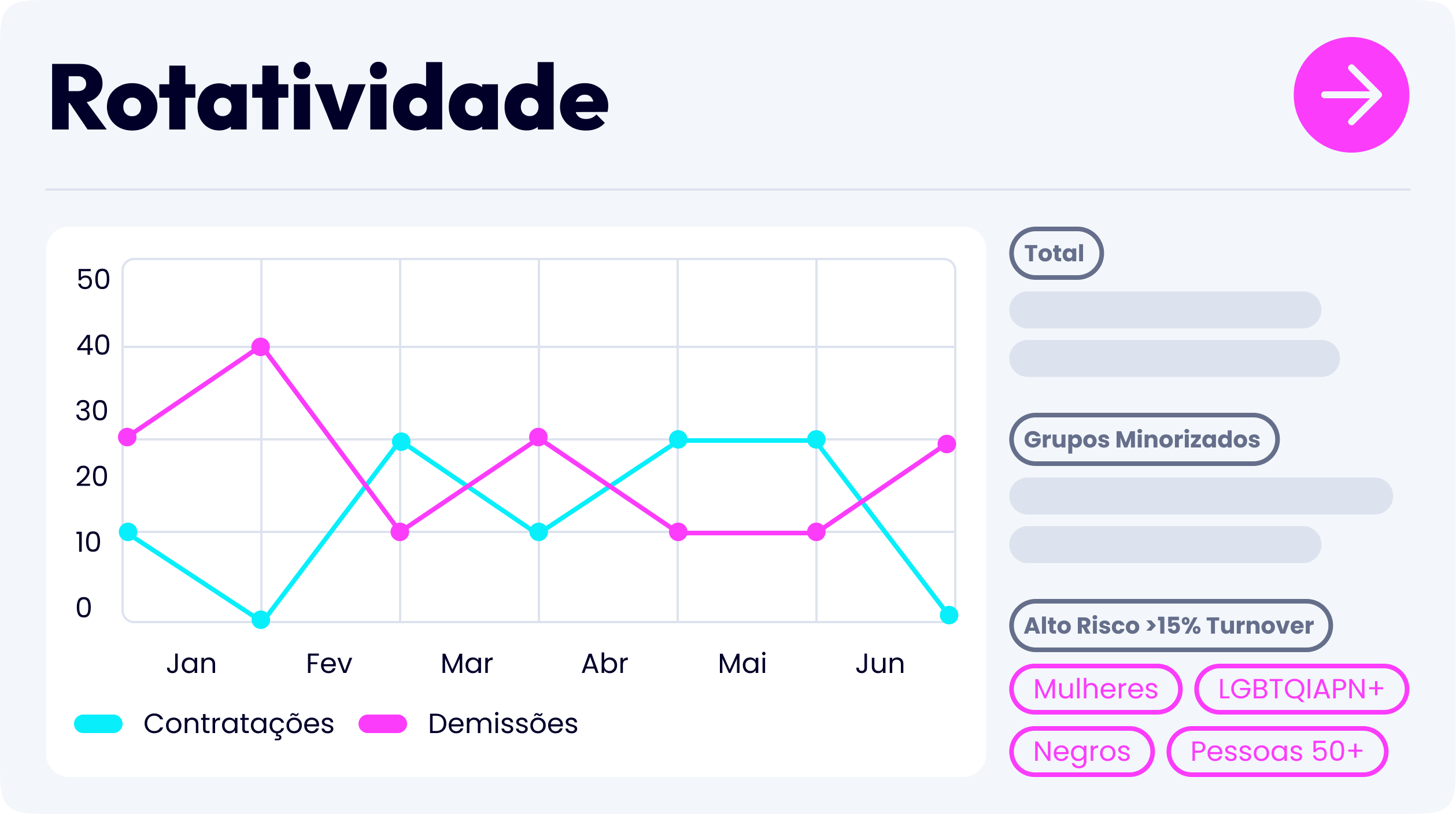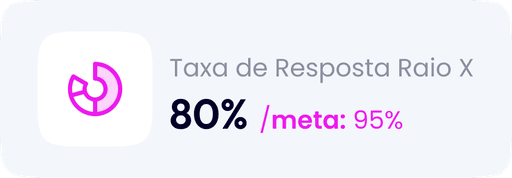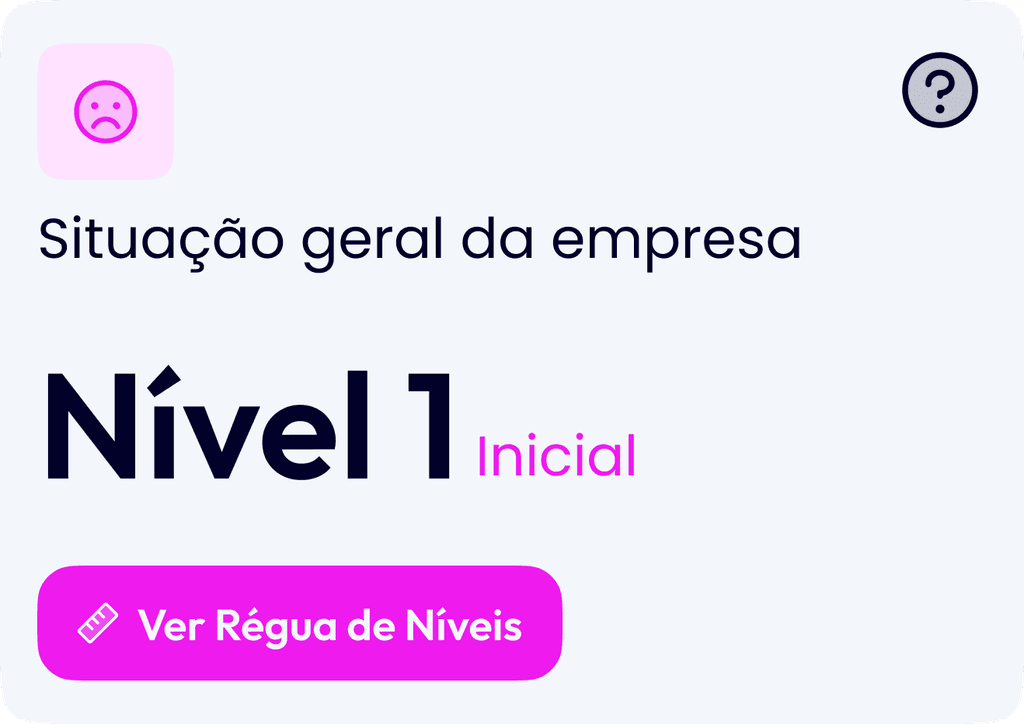Project Overview
Project Overview
Project Overview
PlurieBR is a SaaS platform focused on developing underrepresented talent within organizations, helping companies foster inclusive cultures through curated educational content and community engagement. I led the end-to-end product design strategy—from immediate interface improvements to a long-term UX redesign based on user research.
The work was split into two key phases:
PlurieBR is a SaaS platform focused on developing underrepresented talent within organizations, helping companies foster inclusive cultures through curated educational content and community engagement. I led the end-to-end product design strategy—from immediate interface improvements to a long-term UX redesign based on user research.
The work was split into two key phases:
PlurieBR is a SaaS platform focused on developing underrepresented talent within organizations, helping companies foster inclusive cultures through curated educational content and community engagement. I led the end-to-end product design strategy—from immediate interface improvements to a long-term UX redesign based on user research.
The work was split into two key phases:
Phase 1:
Tactical UI and heuristic-based redesign to address urgent usability issues and improve first impressions;
Phase 2:
Deep UX research to shape a product that truly delivers on its mission and aligns user needs with business goals.










Tools
Figma, Miro, Photoshop, Illustrator
Figma, Miro, Photoshop, Illustrator
Team
1 Designer, 1 Developer
Duration
1 year 2 months
The
Challenge
The business needed quick wins to stabilize user satisfaction without compromising the long-term strategic redesign. That meant designing in layers—short-term iteration, followed by deep discovery and transformation.
The business needed quick wins to stabilize user satisfaction without compromising the long-term strategic redesign. That meant designing in layers—short-term iteration, followed by deep discovery and transformation.
The business needed quick wins to stabilize user satisfaction without compromising the long-term strategic redesign. That meant designing in layers—short-term iteration, followed by deep discovery and transformation.
Low perceived value from users.
High churn and weak engagement metrics;
A UI that didn’t reflect the brand’s positioning or trustworthiness.
Phase 1:
Fast UI Redesign with Heuristic Foundation
Phase 1:
Fast UI Redesign with Heuristic Foundation
Phase 1:
Fast UI Redesign with Heuristic Foundation
The goal was to deliver immediate improvements while UX research was in progress.
The goal was to deliver immediate improvements while UX research was in progress.
The goal was to deliver immediate improvements while UX research was in progress.
Conducted a UI audit using Nielsen’s heuristics;
Created a visual refresh to boost user trust and clarity;
Improved basic information hierarchy and navigation patterns.






Phase 2:
UX Research & Strategic Product Redesign
Phase 2:
UX Research & Strategic Product Redesign
Phase 2:
UX Research & Strategic Product Redesign
Once the baseline was stabilized, I led a comprehensive UX discovery process to rethink the experience holistically.
Once the baseline was stabilized, I led a comprehensive UX discovery process to rethink the experience holistically.
Once the baseline was stabilized, I led a comprehensive UX discovery process to rethink the experience holistically.
What I Did:
Conducted in-depth user interviews across different user profiles (HR managers, individual learners);
Built journey maps and empathy maps to align product decisions with real pain points;
Ran usability tests with mid-fidelity prototypes;
Iterated flows to emphasize user agency, simplicity, and personalization.
What I Did:
Conducted in-depth user interviews across different user profiles (HR managers, individual learners);
Built journey maps and empathy maps to align product decisions with real pain points;
Ran usability tests with mid-fidelity prototypes;
Iterated flows to emphasize user agency, simplicity, and personalization.
What I Did:
Conducted in-depth user interviews across different user profiles (HR managers, individual learners);
Built journey maps and empathy maps to align product decisions with real pain points;
Ran usability tests with mid-fidelity prototypes;
Iterated flows to emphasize user agency, simplicity, and personalization.
Key Changes Implemented:
A new modular dashboard tailored to user goals;
Content recommendations based on user progress;
Cleaner, accessible interface with improved hierarchy;
Reduced cognitive load across onboarding and core flows.
Key Changes Implemented:
A new modular dashboard tailored to user goals;
Content recommendations based on user progress;
Cleaner, accessible interface with improved hierarchy;
Reduced cognitive load across onboarding and core flows.
Key Changes Implemented:
A new modular dashboard tailored to user goals;
Content recommendations based on user progress;
Cleaner, accessible interface with improved hierarchy;
Reduced cognitive load across onboarding and core flows.

























User Personas
User Personas
At the heart of the project was user-centered design. I developed personas based on research and created a clean and intuitive interface. Every design decision was made with the user experience in mind, keeping things simple yet impactful.
Get to know PlurieBR
Watch our
Product in Action
Watch our
Product in Action
Video fully created by me
Video fully created by me
Video fully created by me




2X
2X
sales after the full product redesign
+75%
+75%
+75%
engagement with educational content and interactive features
engagement with educational content and interactive features
Increase
Increase
in perceived platform value, based on user feedback and NPS
Takeaways
Takeaways
Takeaways
This project taught me the importance of balancing speed with depth. By staging the redesign across two timelines, I was able to generate fast impact while ensuring that the long-term experience was rooted in real user needs and business strategy.
Design is not just about how it looks—but about how it works under pressure and scale.
This project taught me the importance of balancing speed with depth. By staging the redesign across two timelines, I was able to generate fast impact while ensuring that the long-term experience was rooted in real user needs and business strategy.
Design is not just about how it looks—but about how it works under pressure and scale.
This project taught me the importance of balancing speed with depth. By staging the redesign across two timelines, I was able to generate fast impact while ensuring that the long-term experience was rooted in real user needs and business strategy.
Design is not just about how it looks—but about how it works under pressure and scale.

